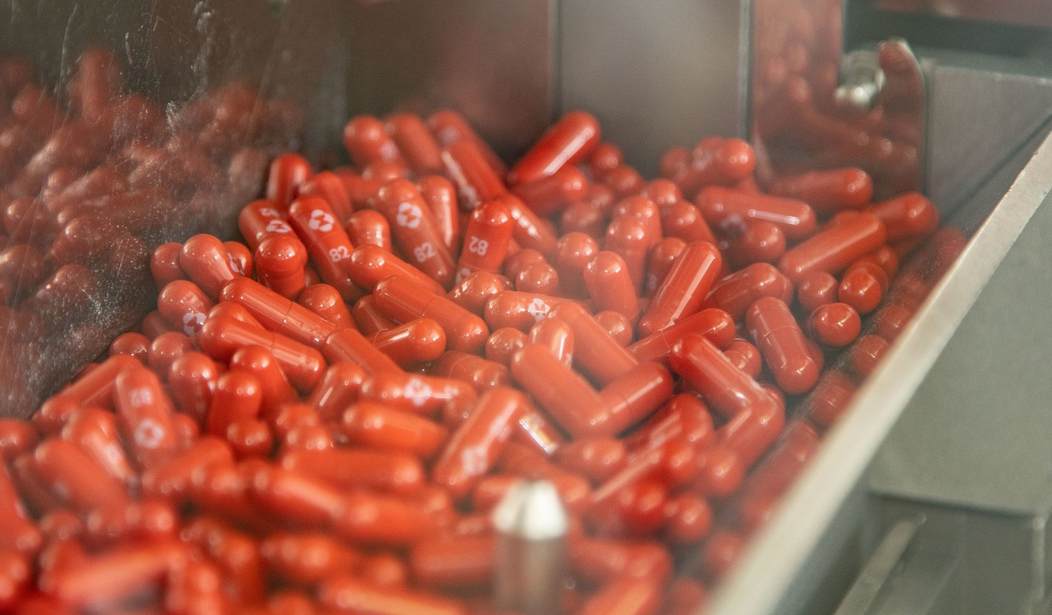A new experimental COVID pill is showing promise in preventing hospitalizations and death, according to its manufacturer Merck & Co.
The pill, called molnupiravir, is in late-stage trials and cuts the risk of hospitalization or death in study subjects with mild to moderate COVID-19 by about 50%, the companies said on Friday.
The results of the study mean that molnupiravir could be authorized for emergency use by the end of the year.
If cleared by regulators, the drug would be the first oral antiviral for Covid-19.
Molnupiravir would become a kind of Tamiflu for Covid-19, a medication that can be dispensed to patients when they first develop symptoms, slowing the spread of the virus in the body and potentially preventing people from becoming seriously ill.
“The ability to take what is a devastating disease like Covid-19 and potentially make it a manageable situation through what is a very convenient round of administration, which is an oral pill you can take at home, has important implications for the ability to manage the ongoing pandemic,” [Merck CEO Rob] Davis said.
There are many elements that determine whether a case of COVID-19 is mild, moderate, or severe. One of the most important determining factors is what researchers call “viral load” — the amount of virus that can be detected in a person. Molnupiravir may be able to lessen the viral load and, if given early in treatment, prevent the coronavirus from overwhelming the body’s systems.
Molnupiravir works by attacking a different portion of the virus than the spike protein on the coronavirus commonly targeted by Covid-19 vaccines and other Covid-19 drugs. The portion attacked by molnupiravir helps the virus reproduce.
“You will now have an oral, easily accessible, easily distributed medicine to keep people out of the hospital and to keep them from dying,” said Wayne Holman, co-founder of Miami-based Ridgeback.
Not exactly a magic bullet, but watching a loved one struggle in a hospital ICU can be difficult. A chance to lessen the odds of that happening is welcome.
In the trial, the drug was given to “high risk” patients, defined as someone with at least one primary risk factor, including, age, obesity, diabetes, heart or lung disease.
In the interim analysis, 28 of the 385 subjects who received the drug were either hospitalized or died after 29 days, Merck and Ridgeback said, compared with 53 of the 377 subjects in the placebo group, resulting in an efficacy rate of about 50%.
Through the 29 days, no subjects who received molnupiravir had died, compared with eight deaths in the placebo group, according to the companies.
Merck is expected to have ten million doses of the drug by the end of the year. If the company receives full approval, doctors could be prescribing molnupiravir by late spring.










Join the conversation as a VIP Member